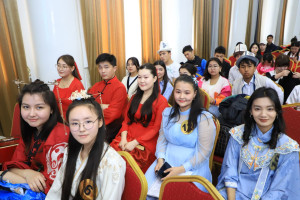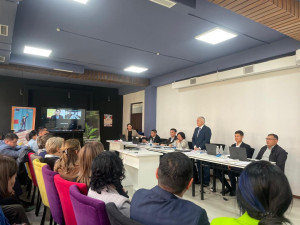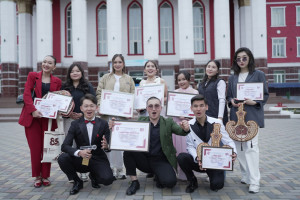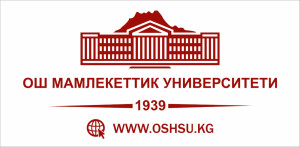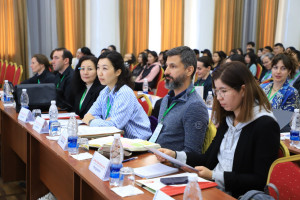
Adoption of the 12-Year Education Model: Implications and Benefits
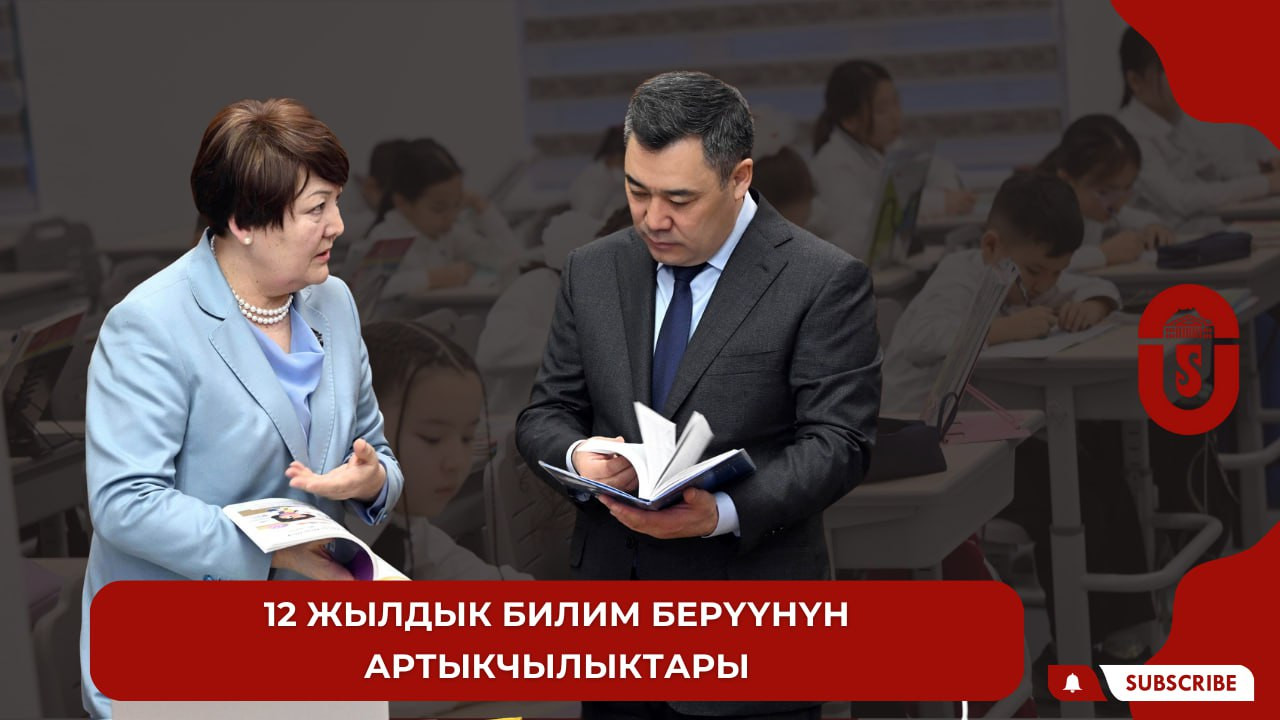
The 12-year education model has been adopted in many developed countries, such as Japan, Korea, Kazakhstan, the USA, and nearly all European countries. The Russian Federation has long planned to follow this example. Students undergoing 12 years of education have the opportunity to continue their studies in schools and higher education institutions in other countries, corresponding to their age.
Graduates of schools that adopt the 11-year education model lose one academic year because they need to take preparatory courses. Students who complete the 9th grade and apply to colleges and vocational schools typically undergo education for almost 3 years. Adding a preparatory year makes it 13 years.
In my understanding, with 12 years of education, students will receive a document certifying their profession. Thus, both the state and individuals save time and a large amount of money.
In schools that adopt the 12-year education model, students are expected to engage in sports and creative activities. This means that in the future, parents will have healthy and talented children without spending a lot of money.
Director of the Center for Qualification Improvement of Osh State University T. A. Joroev


